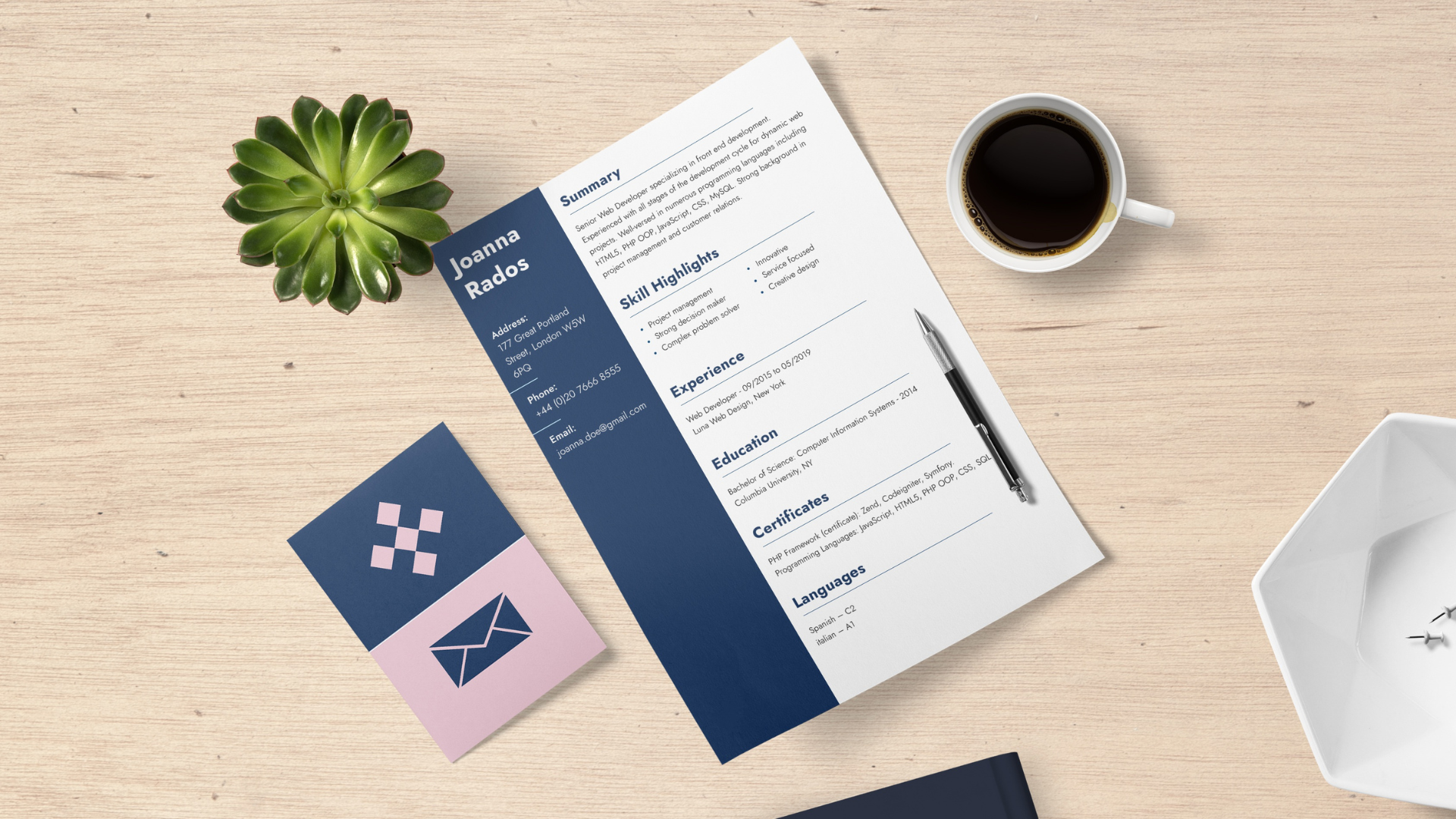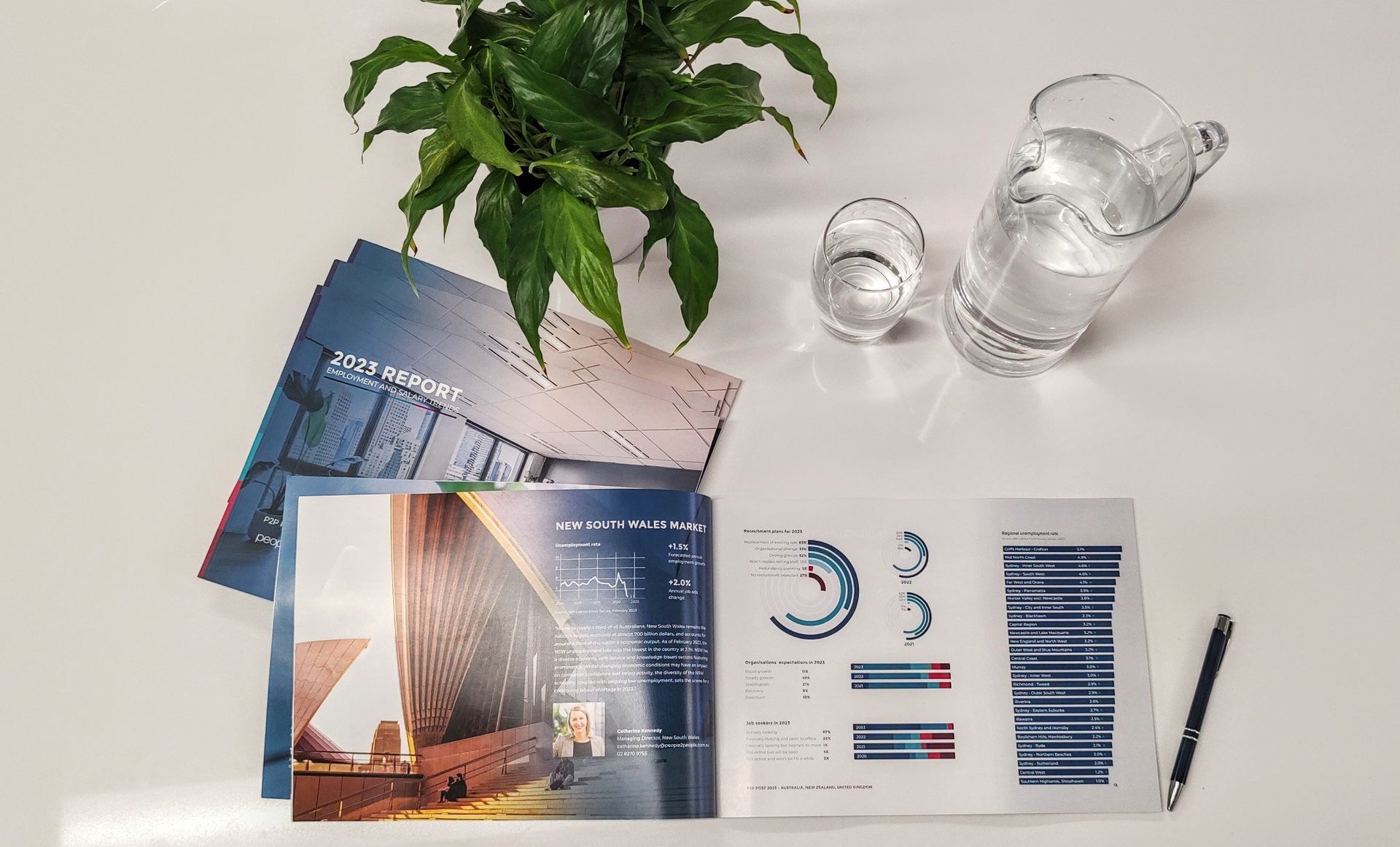Businesses hire temp workers because they need a little extra help in the short term. Be it to cover sick leave, holidays, or working on a large scale project, temp workers are valuable resources for businesses to have. They are hired to serve a specific need and for specific reasons. Commitment is vital for temp roles, and people should always strive to complete their temporary assignment to avoid burning bridges with both their recruiter and the business they were working for. Sydney may be a big city, but the job market is relatively small and people love to talk.
With that said, falling ill is just a fact of life. There are so many bugs and viruses in the air it is inevitable that even a temp worker is going to have to take the day off and call in sick. There’s a right way and a wrong way to go about this. Here are the dos and don’ts of calling in sick when working as a temp.
DO:
- It’s vital that you call your consultant as soon as possible. There are no excuses to not do it first thing. They gave you a mobile number to reach them on for a reason. Make sure it is saved in your phone as soon as you get it.
- If you are sent to voicemail then try calling them again after ten minutes. If you still can’t reach them, send them a follow-up text or email to make sure they got the message.
- Your consultant is technically your employer, so they should be contacted before your manager at your temp position.
- Give your consultant another call in the afternoon and inform them about whether your not you can work the next day
- If you are signed off by your doctor, be sure to get a medical certificate and send a scanned copy to the recruiter.
DON’T:
- Never assume that your consultant just knows you are sick. They can’t read your mind. If they haven’t heard from you, and neither has your line manager, they will call your emergency contact because they have to assume the worst. We’ve actually had to file missing persons reports ourselves! This can – and does – happen.
- Don’t tell your friends at work and assume that this is good enough. It isn’t. Contact someone who matters.
- Don’t just send emails. Your consultant might be out visiting clients and might not get to read the email until they get back to the office. Calling is more direct, and it should be your first choice.
- Don’t wait until after you are supposed to be in the office to inform your consultant. They need to know about your illness as soon as possible. Don’t hesitate to call them at seven in the morning if you have to. This gives them the chance to organize a replacement for you rather than having to scramble for one after the working day begins.
- Don’t say that you couldn’t find your recruiter’s number. Even if you somehow managed to lose the business card, emails, and temp contract, you can just Google the agency and find their number there.
- Don’t disappear and not let your recruiter know about your return to work. If they can’t reach you they will get nervous about whether you are even going to show up or not.
- Don’t call in sick before – or after – long weekends. There’s a difference between being ill and just being hungover.
Share this article
Useful links
Search for jobs today
Got a vacancy?
What's happening in the market?
How do I prepare for my job interview?
Get in touch
Find out more by contacting one of our specialisat recruitment consultants across Australia, New Zealand, and the United Kingdom.
Recent Insights



New Zealand's 2024
Salary Survey
What are the salary and hiring trends in your industry?

Copyright © 2024, Frog Recruitment.
Frog Recruitment acknowledges Māori as tangata whenua and Treaty of Waitangi partners in Aotearoa New Zealand. We pay our respects to the mana whenua of the land on which Frog operates every day..
Locations
Specialisations
Resources

